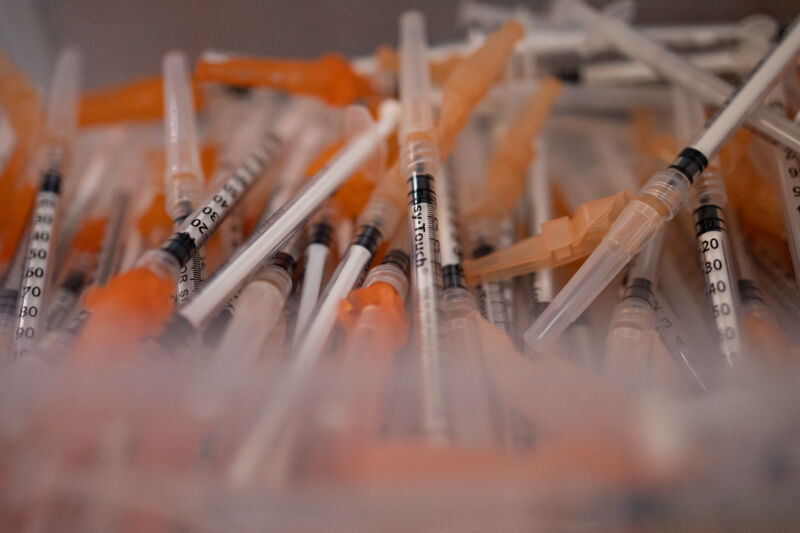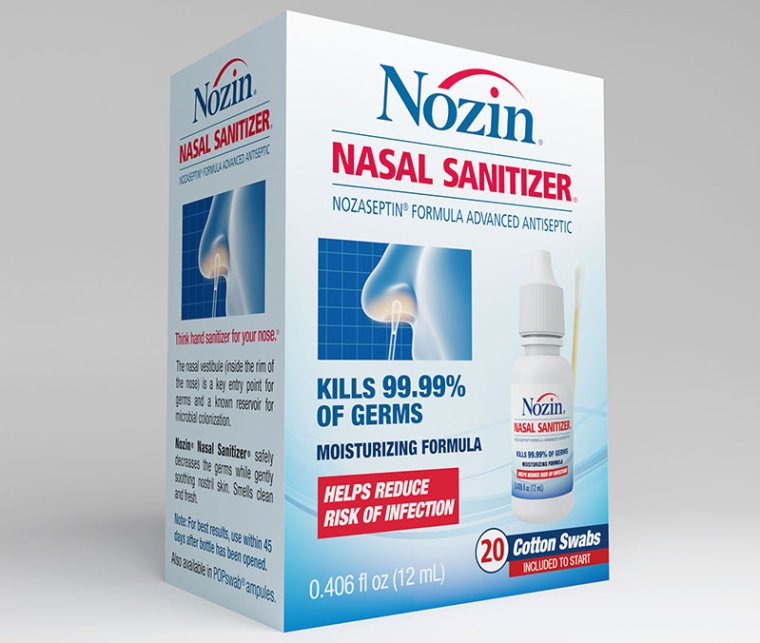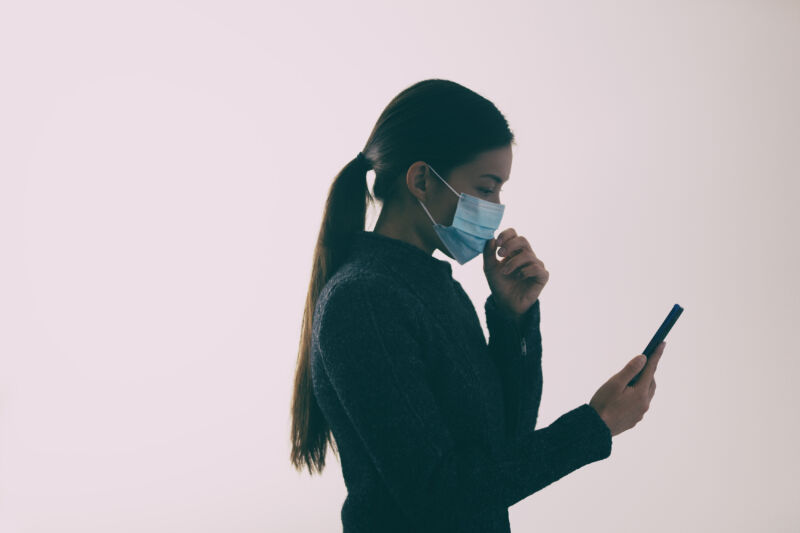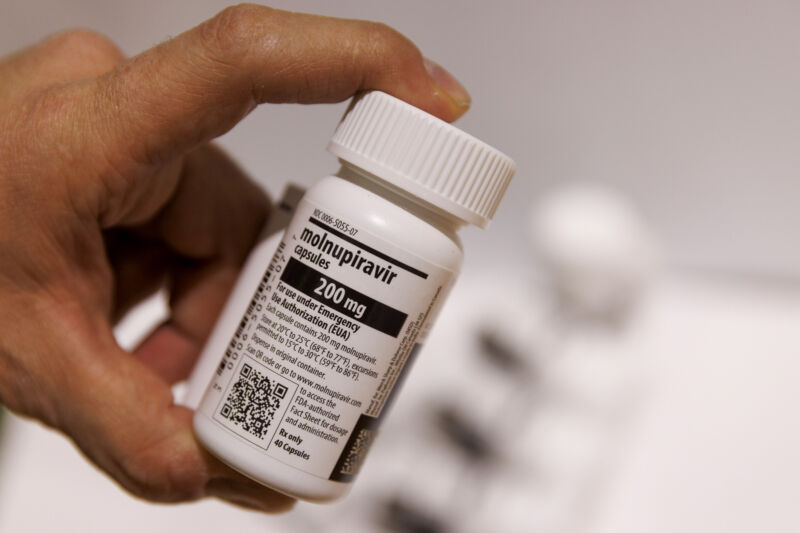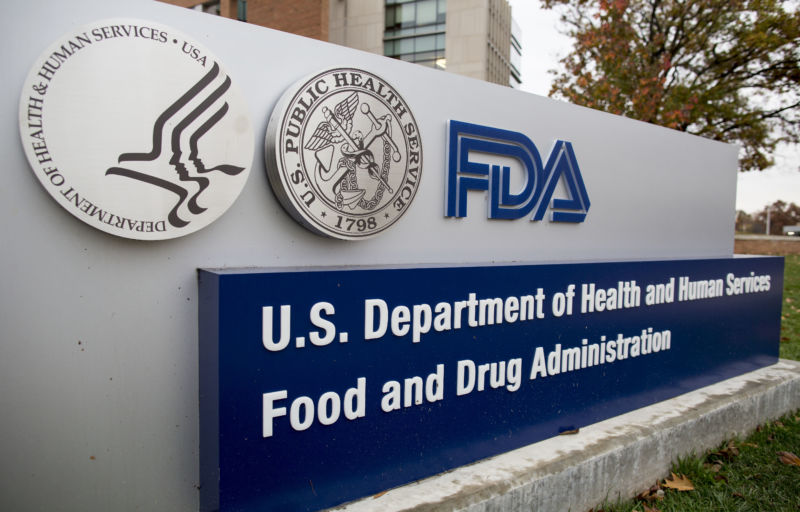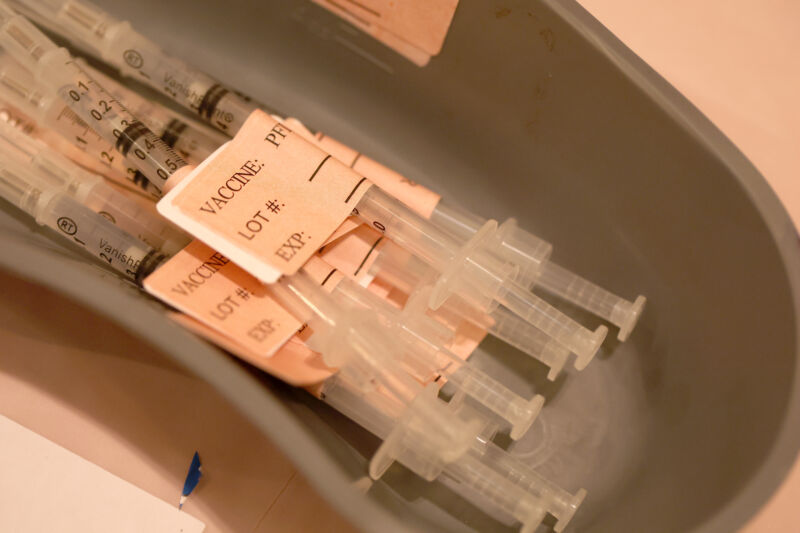-
 chevron_right
chevron_right
Long COVID rates have declined, especially among the vaccinated, study finds
news.movim.eu / ArsTechnica · Thursday, 18 July - 23:07 · 1 minute
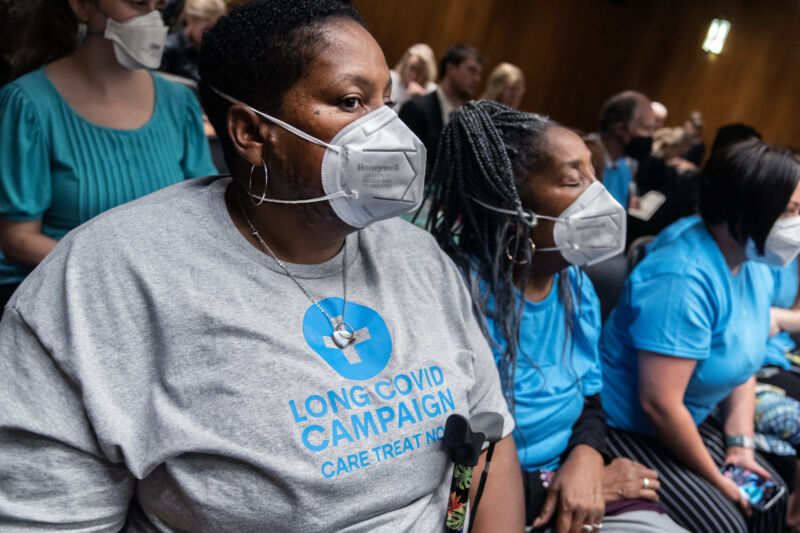
Enlarge / Long covid activists attend the Senate Appropriations Subcommittee on Labor, Health and Human Services, Education, and Related Agencies hearing on the "Fiscal Year 2025 Budget Request for the National Institutes of Health," in Dirksen building on May 23, 2024. (credit: Getty | Tom Williams )
As a summer wave of COVID-19 infections swells once again, a study published this week in the New England Journal of Medicine offers some positive news about the pandemic disease: Rates of long COVID have declined since the beginning of the health crisis, with rates falling from a high of 10.4 percent before vaccines were available to a low of 3.5 percent for those vaccinated during the omicron era, according to the new analysis.
The study, led by Ziyad Al-Aly, chief of research at the VA Saint Louis Health Care System, used data from a wealth of health records in the Department of Veterans Affairs. The researchers ultimately included data from over 440,000 veterans who contracted COVID-19 sometime between March 1, 2020, and January 31, 2022, as well as over 4.7 million uninfected veterans who acted as controls.
Al-Aly and colleagues divided the population into eight groups. People who were infected during the study period were divided into five groupings by the dates of their first infection and their vaccination status. The first group inlcuded those infected in the pre-delta era before vaccines were available (March 1, 2020, to June 18, 2021). Then there were vaccinated and unvaccinated groups who were infected in the delta era (June 19, 2021, to December 18, 2021) and the omicron era (December 19, 2021, and January 31, 2022). The uninfected controls made up the final three of eight groups, with the controls assigned to one of the three eras.

